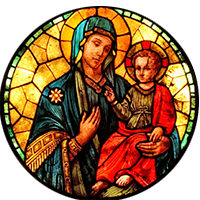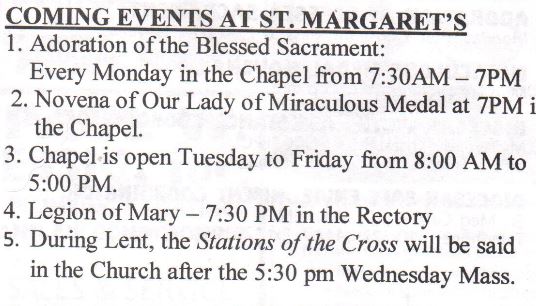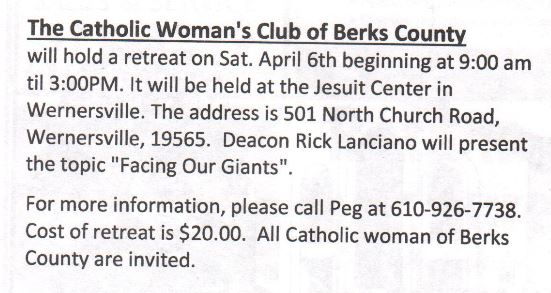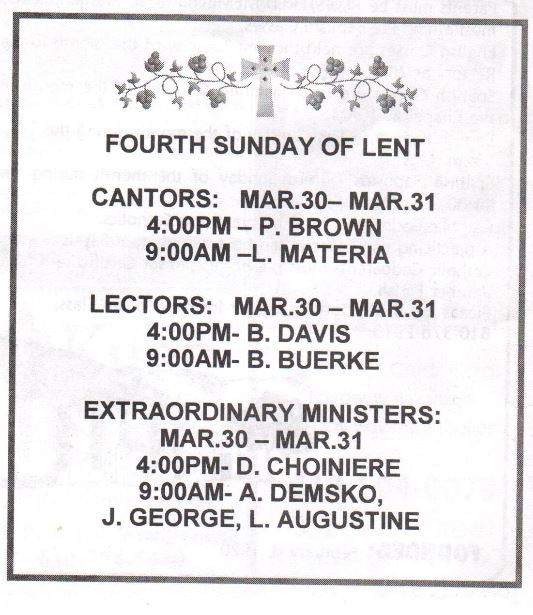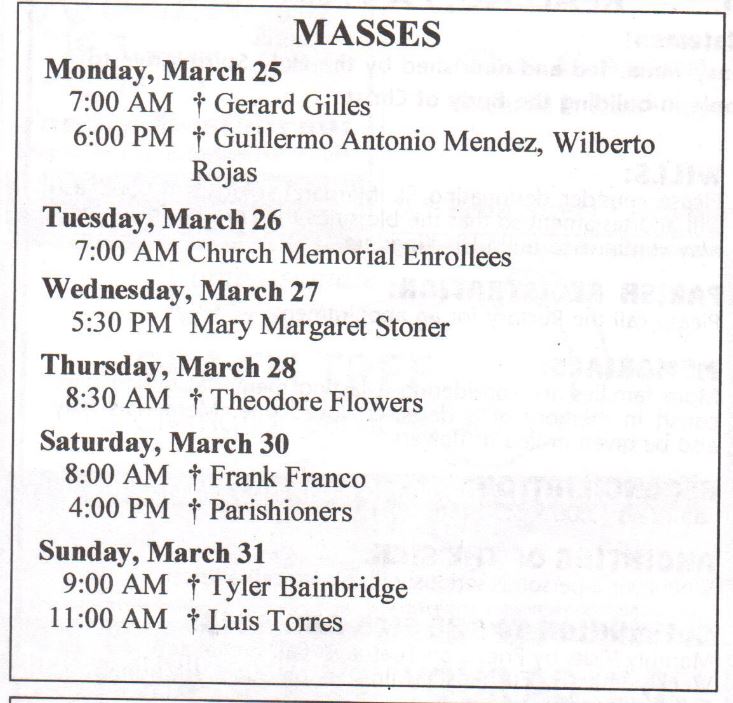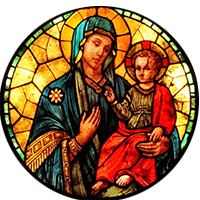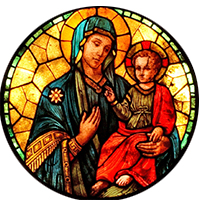
3rd Week of Lent
If my brother sins against me, how often must I forgive him? (Matthew 18:21)
So many important elements in life depend on a person’s point of view, don’t they? When Peter approached Jesus with a question about forgiving a particularly difficult brother, his focus was on the proper limits to forgiveness. Peter sets up the scene to make himself the injured party—how forgiving should I be? Certainly, mercy has its limits.
But Jesus turns the tables on him and tries to place him in the role of the forgiven party instead. He asks Peter to imagine what it would be like to have a huge debt removed from his account. How would he respond? With generosity toward his debtors? Or with the same cold calculus that should have landed him in jail? Will he let mercy transform him, or will he end up in prison despite his master’s forgiveness?
We are all recipients of God’s overflowing, transforming mercy. It’s a generosity that bursts forth from the Father’s heart. Like a river overflowing its banks, it cannot be contained. It flows everywhere and washes everyone clean who remains in its path and lets it wash over them.
The next time you are the injured party and you are thinking about what you consider the demands of justice to be, take a moment to widen your point of view. Remember that another person is involved—another recipient of God’s love and mercy. Remember the way that God looks at you, and try to look at the other person with the same love, compassion, and forgiveness. Ask yourself, How can I possibly withhold forgiveness when God never held back from me?
If we can keep God’s look of love in the forefront of our minds, mercy will burst forth from us. It may start as a trickle, and it won’t always be easy. But that doesn’t have to stop us from trying. God knows how hard this can be, and he is infinitely patient. After all, if he was so merciful as to give up his only Son for us, why would he not treat us the same way now?
“Father in heaven, give me my daily bread today, and forgive me as I strive to forgive the people indebted to me.”
Daniel 3:25, 34-43
Psalm 25:4-9

